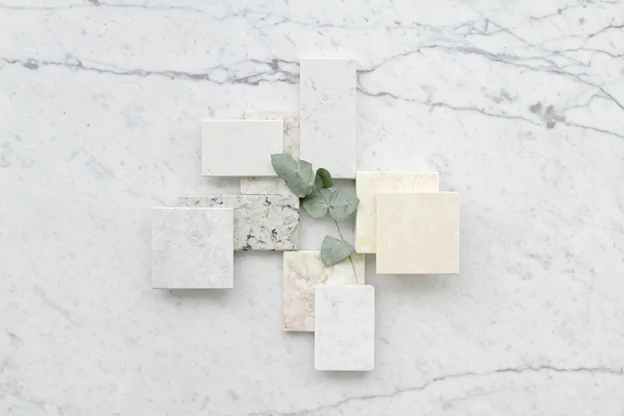How to Care for your Natural Stone Floors

Natural stone floors can give any home a touch of class, especially when the surface is still shiny and new. Dull, scratched natural stone floors can look unkempt, even if the tiles had just been installed.
Natural stone floors need some extra care when it comes to their maintenance, and most cleaning products on the market are not compatible with natural stone surfaces, even the ones that are supposedly all-surface cleaners. Natural stone is simply too sensitive to the acidity of chemical cleaners.
For a good polishing that can make those dull tiles look new again, look no further than Luce Maintenance Group, a marble floor polishing services in Singapore that give tips on proper floor cleaning across different materials.
What are Natural Stones?
How can you tell if your floor is a natural stone? For one, natural stones are typically cooler than the surrounding room temperature. Depending on the material, natural stone floors may have a swirled or speckled design without a discernible pattern as the stones naturally formed that way. There are multiple types of materials that form natural stone floors:
Marble
Marble is the most common form of natural stone flooring, as it is accessible and relatively inexpensive compared to the other forms of stone flooring. The natural swirled design of marble also makes it an aesthetically pleasing choice that can fit any home or business. There are, however, false marble that is made by swirling colours of resin.
Granite
Granite is another popular choice for natural stone floors, and is more durable and less prone to etching than marble flooring. Granite is a beautiful, naturally onyx-coloured stone with speckles of white, beige, or light grey that dot the surface like a night sky. Granite is considered classy, and is used in luxury spaces where the stone can be properly appreciated.
Limestone
Limestone flooring usually comes in beige to light brown colours, with a hint of peaches and cream. This material is typically installed as tiles, and comes in soft and hard limestone texture. Made up of rocks, sediments, and fossilized bone from the prehistoric eras, limestone is a testament to the early days of the earth’s history, dating back to when dinosaurs roamed.
Slate
Slate is mainly used as roof tiles, but has recently been in use as flooring for a rugged, yet sophisticated aesthetic. Good for outdoors, slate has low water absorption, and resists weather elements well without breaking or tarnishing the surface. Determined by its uneven surface and matte finish, slate can come in forms of tiles, or as a mosaic-type design.
Problems with Natural Stone Surfaces
While natural stones may look luxurious in your home, they require more upkeep than your usual resin or linoleum floors. A couple of issues with improper cleaning may occur on natural stone surfaces.
Etching
Etching is when an acidic solution is applied to natural stones, causing the stones to dissolve and show a cloudy appearance. The number one no-no for natural stones is to use any form of acidic solutions, like vinegar or even alcohol.
Dullness
When natural stone gets shallow scratches on the surface or on the varnish, a certain dullness can occur. This dullness makes any floor look unkempt, and damages the stone, exposing them to further water damage, dirt, and debris that may get trapped in the shallow pockets.
Best Cleaners for Natural Stone Floors
Commercial Cleaners
Not all commercial cleaners can be used on natural stone floors. As a general rule, don’t use any commercial cleaning products that do not state whether they are safe to use on natural stone floors or not.
There are a couple of commercial cleaning brands that are specially formulated for cleaning natural stone tiles. StoneCare series is one of these brands, and Granite Gold is another. These brands are available on Amazon, and have instructions on how to properly clean using their products.
DIY Cleaners
Your best bet when caring for your natural stone flooring is to make your own cleaning solution using a couple of tablespoons of castile soap and a bucket of water. The solution is mild enough for your natural stone, but can get rid of any dirt, debris, and oils that may linger on the surface.
For a polishing and cleaning solution, use some baking soda and water to form a paste that you can use to safely buff away any stains or discolouration from the surface of your natural stone. Be sure not to rub too aggressively as to not scratch the surface.
Above all, stay away from bleach, vinegar, or any harsh solutions when it comes to cleaning your natural stone flooring. Polishing is always a good option, as long as the polish doesn’t scratch the surface. Keep your natural stone surfaces protected by using some natural stone sealant or varnish for an added layer against water damage.





